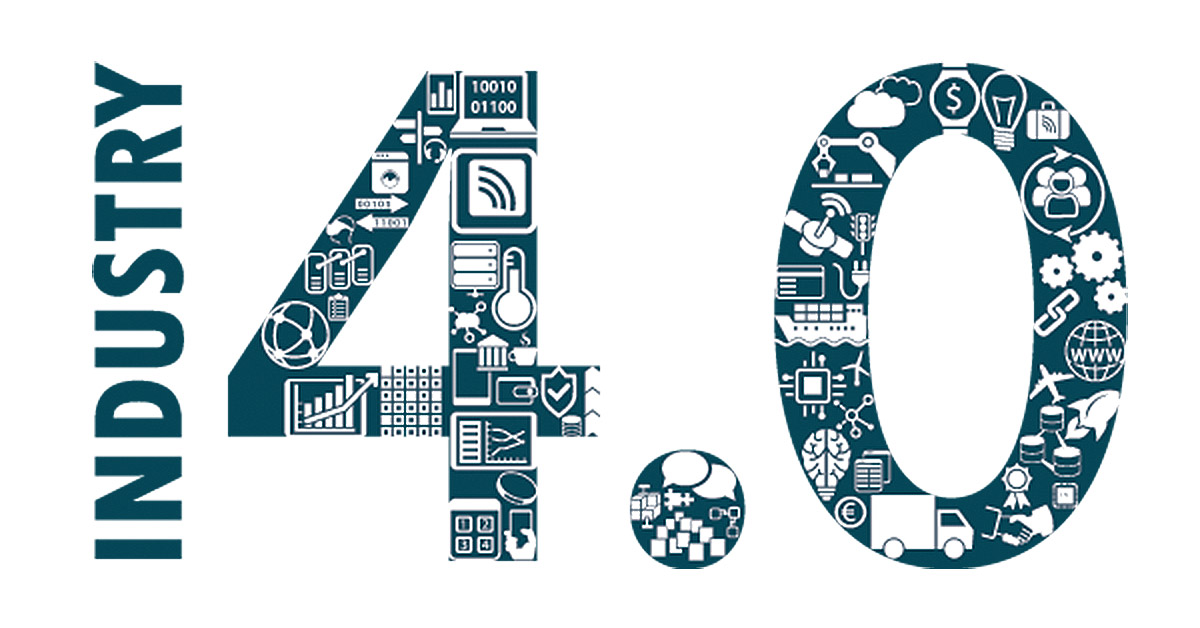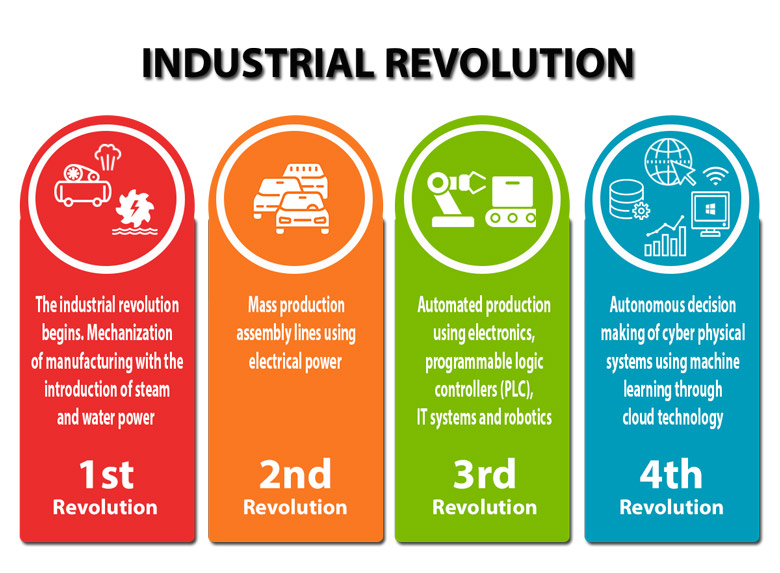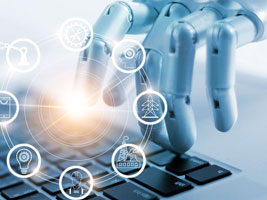The Fourth Industrial Revolution (IR 4.0) and what it means for students like you
by StudyMalaysia on June 16, 2020 | Top Stories, Career Guide

From self-driving cars to drone-delivered online shopping, the Fourth Industrial Revolution is changing how we live, work, and communicate. But with more and more jobs being taken over by artificial intelligence, what do students today need to do to stay relevant for future job markets?
The Fourth Industrial Revolution (4IR) is expected to change how we live, work, and communicate; it is also likely to change the things we value and the way we value them in the future. Presently, we can already see changing business models and employment trends.
According to The World Economic Forum, an estimated 65% of kids enrolling in primary education today will end up working in jobs that haven’t been created yet.
Automation and artificial intelligence are change agents in 4IR that will make certain groups of employees redundant, replacing them with new workers with the needed skills or with machines that do the job cheaper. Gone are the days where students go to college or university to study for a degree that will set them up with a job for life.
With technological advances, jobs with these three qualities are most likely to be automated:
- repetitive
- based on rules
- involve limited or well-defined physicality
So what does this mean for students today? In the World Economic Forum report, The Future of Jobs here are the 10 skills you will need for the Fourth Industrial Revolution:
- Complex problem solving
- Critical thinking
- Creativity
- People management
- Coordinating with others
- Emotional intelligence
- Judgement and decision making
- Service orientation
- Negotiation
- Cognitive flexibility
According to Graham Brown-Martin, there are three key areas where humans beat machines that are key to future job creation:
- creative endeavours—everything from scientific discovery to creative writing and entrepreneurship
- social interaction—robots just don’t have the kind of emotional intelligence that humans do
- physical dexterity and mobility—millennia of hiking mountains, swimming lakes and dancing practice gives humans extraordinary agility and physical dexterity
A 2013 research by Oxford University lists these occupations as the least likely to be computerised based on current technology:
- Recreational therapists
- First-line supervisors of mechanics, installers, and repairers
- Emergency management directors
- Mental health and substance abuse social workers
- Audiologists
- Occupational therapists
- Orthotists and prosthetists
- Healthcare social workers
- Occupational therapists
- First-line supervisors of fire-fighting and prevention workers
- Oral and maxillofacial surgeons
- Lodging managers
- Dietitians and nutritionists
- Choreographers
- Sales engineers
- Instructional coordinators
- Physicians and surgeons
- Psychologists
- Elementary school teachers, except special education
- General dentists
- First-line supervisors of police and detectives
The same research by Oxford University showed that out of around 700 occupations, 12 were found to have a 99 per cent chance of being automated in the future:
- Data entry keyers
- Library technicians
- New accounts clerks
- Photographic process workers and processing machine operators
- Tax preparers
- Cargo and freight agents
- Watch repairers
- Insurance underwriters
- Mathematical technicians
- Sewers, hand
- Title examiners, abstractors, and searchers
- Telemarketers
In a nutshell, 46.4% of jobs in manufacturing, 32.3% in finance and 44% in wholesale and retail are forecast to be lost by the early 2030s. Less affected will be human health and social work, which are expected to affect less than a fifth of jobs.
Would you like to find out if your choice of career has a high probability of being automated? Click here and type your occupation to see what researchers think is the probability of your job being automated.

Related Articles:
Sources:
- Automated robot jobs the 'fourth industrial revolution
- Education and the Fourth Industrial Revolution
- Infographics show jobs most likely to be lost to robots
- Jobs That Will Disappear in 5 Years
- These are the jobs most at risk of automation according to Oxford University: Is yours one of them?
- The Future of Employment
Copyright © 2020 by Webway e-Services (StudyMalaysia.com)
First Published: 8 May 2018
Article Revised: 16 June 2020
You May Also Be Interested In...
Factors to consider when choosing an occupation – a quick checklist
![Factors to consider when choosing an occupation – a quick checklist - StudyMalaysia.com]() If you have already settled on a career choice, congratulations! Howev...
If you have already settled on a career choice, congratulations! Howev...Scholarships with February & March 2020 Deadlines
![Scholarships with February & March 2020 Deadlines - StudyMalaysia.com]() Attention school leavers! Applying for scholarships? Check this list f...
Attention school leavers! Applying for scholarships? Check this list f...APU redesigns curriculum to future-proof business graduates
![APU redesigns curriculum to future-proof business graduates - StudyMalaysia.com]() Asia Pacific University of Technology & Innovation (APU) has recen...
Asia Pacific University of Technology & Innovation (APU) has recen...如何选择大学先修课程?
![如何选择大学先修课程? - StudyMalaysia.com]() 如果你已经拥有SPM文凭,同时也计划着要报读学士课�...
如果你已经拥有SPM文凭,同时也计划着要报读学士课�...Jobs that are in high demand according to the Jobstore 2017/2018 salary report
![Jobs that are in high demand according to the Jobstore 2017/2018 salary report - StudyMalaysia.com]() Are you a jobseeker looking for better opportunities or a high school ...
Are you a jobseeker looking for better opportunities or a high school ...20 great jobs to consider if you have good social skills
![20 great jobs to consider if you have good social skills - StudyMalaysia.com]() Do you like serving as a volunteer or facilitator at a youth camp? Are...
Do you like serving as a volunteer or facilitator at a youth camp? Are...

































